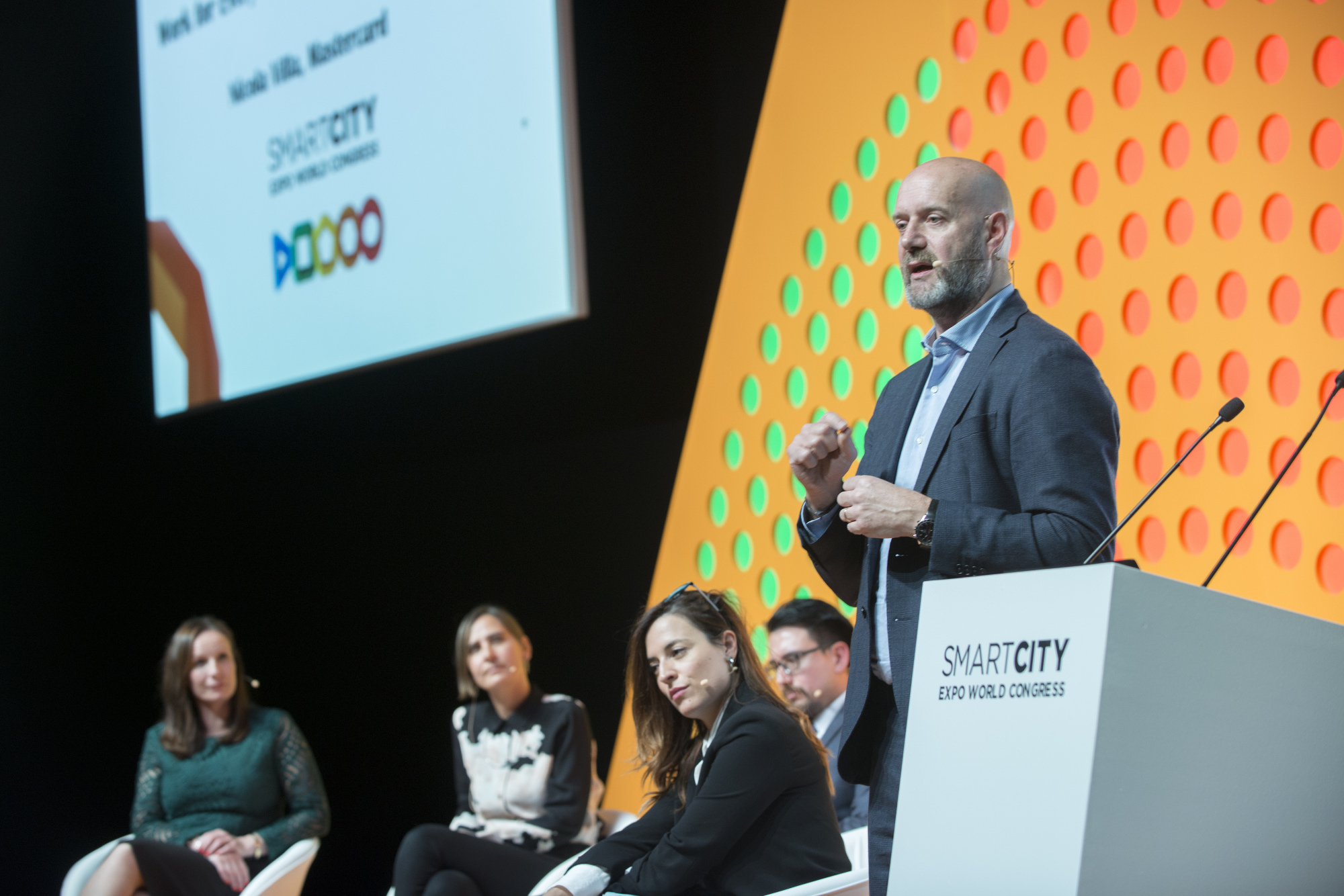A growing push to put cities on a digital path to a greener future risks excluding groups like the poorest, disabled and elderly, and will fail to benefit those people unless technology is used to help meet their needs, rights advocates have warned.
They also called for women to be given a bigger say in urban planning that is based on high-tech tools such as big data and artificial intelligence, while speaking at an international conference on "smart cities" in Barcelona this week.
"My fear is that smart cities end up benefiting the elite white men," said Catherine D'Ignazio, an assistant professor at Massachusetts Institute of Technology.



